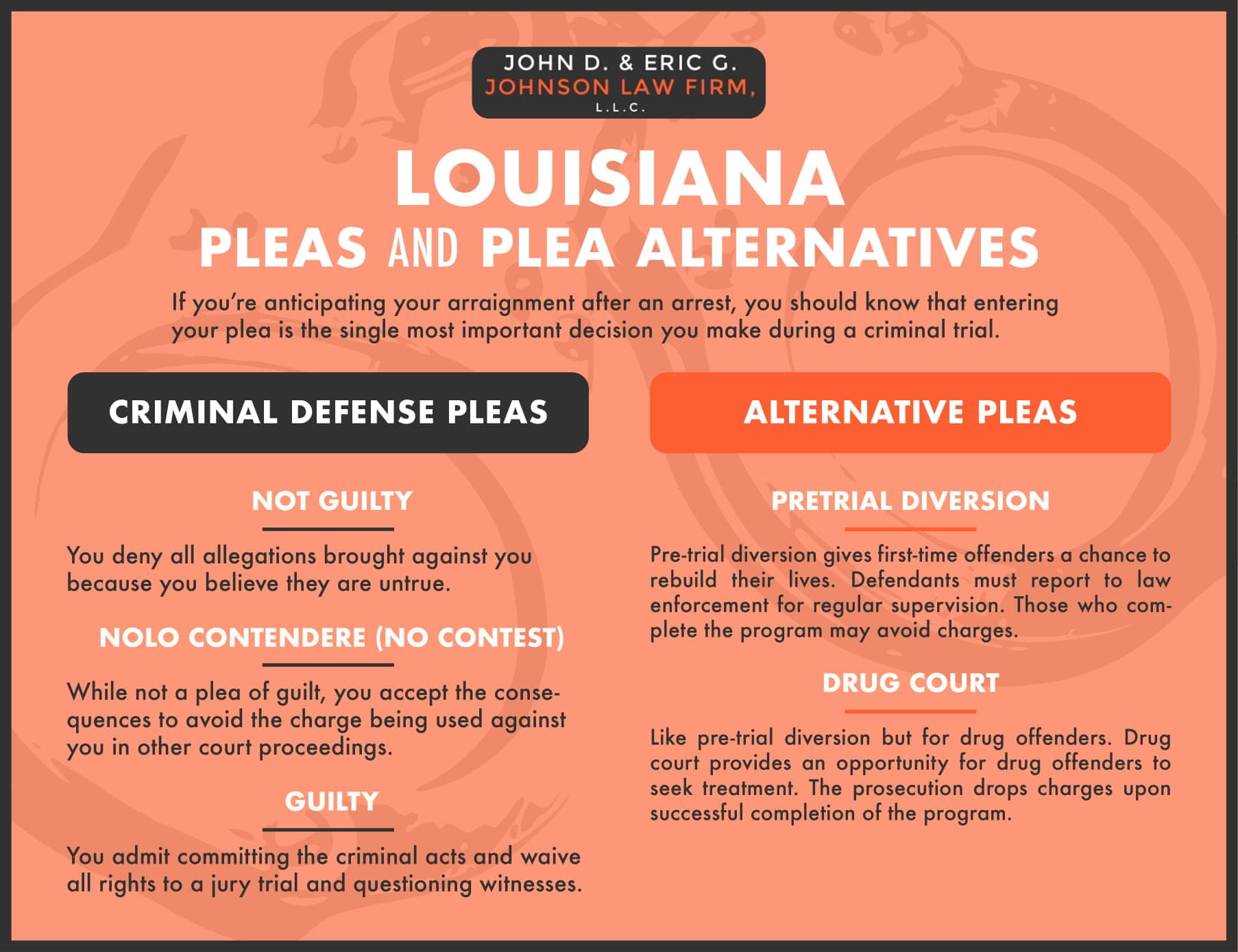Understanding The Criminal Trial: A Comprehensive Step-By-Step Failure
Understanding The Criminal Trial: A Comprehensive Step-By-Step Failure
Blog Article
Content Composed By-Lyons Thompson
When you step into a criminal trial, you could be amazed by the structured procedure that unfolds. All of it starts with jury choice, where prospective jurors are scrutinized for predispositions via a method called "voir dire." Afterwards, both sides provide their opening statements, establishing the stage for the evidence and testimonies to adhere to. You'll see how the prosecution and protection build their cases, yet what occurs next can considerably impact the outcome. Understanding these phases can reveal the intricacies of justice, but there's even more to reveal about the defining moments that follow.
Jury Selection Process
When it pertains to the jury choice procedure, you're diving right into an essential stage of a criminal test. This procedure, often called "voir dire," includes doubting potential jurors to guarantee they're objective and capable of supplying a reasonable judgment.
You'll see both the prosecution and defense lawyer getting involved proactively, each aiming to choose jurors who straighten with their case's story.
During voir dire, you'll observe that lawyers ask concerns concerning jurors' backgrounds, beliefs, and experiences. Their objective is to determine any kind of pre-existing biases that might influence a juror's decision. As a juror, you might feel a mix of uneasiness and inquisitiveness, however your sincerity is necessary.
After examining, https://www.legalreader.com/crucial-points-to-consider-before-hiring-a-criminal-defense-lawyer/ can test details jurors for cause if they think a juror can not continue to be impartial. They can likewise utilize a limited variety of peremptory challenges to disregard jurors without mentioning a factor.
Test Phases Explained
The phases of a criminal test play a crucial duty in guaranteeing a reasonable and structured procedure.
You'll first come across the opening declarations, where both the prosecution and protection detail their situations. This sets the stage for what's ahead.
Next, the prosecution provides its evidence and witnesses, intending to prove the accused's regret past a practical doubt. You'll see straight assessment complied with by interrogation, permitting both sides to challenge the here and now information.
After the prosecution rests its instance, it's the defense's turn. They'll provide their evidence and witnesses, usually focusing on producing reasonable question. You'll discover that the defense does not have to verify innocence; they simply need to test the prosecution's situation.
Once both sides have actually offered their debates, you'll hear shutting statements, where each party summarizes their situation. This is crucial as it strengthens their settings before the court mulls over.
Throughout these phases, the court ensures that the test follows legal standards which the civil liberties of both events are shielded.
Comprehending these stages will certainly aid you appreciate the complexities associated with a criminal trial and the relevance of each step in the quest of justice.
Verdict and Sentencing
Nevertheless proof has actually been presented and debates made, the jury or judge delivers a decision, identifying the accused's sense of guilt or virtue. If you belong to the jury, you'll ponder with your fellow jurors, reviewing the evidence and your perceptions. This process can require time, as you'll want to make sure everyone settles on the judgment based on the realities.
Once a judgment is gotten to, it's revealed in court. If the offender is condemned, the following stage is punishing. This is when the judge decides the appropriate punishment. You may notice that different variables influence the sentence, such as the intensity of the criminal offense, the defendant's past record, and any kind of mitigating conditions.
The court may impose a range of sentences, from penalties and community service to imprisonment. Occasionally, the defense or prosecution can offer debates concerning sentencing, trying to sway the court's decision.
If the offender is found not guilty, they're acquitted, and no punishment adheres to. Bear in mind that a guilty verdict can frequently lead to appeals, where the offender may test the decision or the sentence enforced.
Final thought
In a criminal test, you've seen how vital each step is, from court choice to the final decision. You've adhered to the prosecution and defense as they build their cases, intending to encourage the jury. Once deliberation completes, the judgment determines the result, and if the accused is found guilty, the sentencing stage starts. Understanding these processes aids you value the intricacies of the justice system and the value of each function in guaranteeing a reasonable trial.
